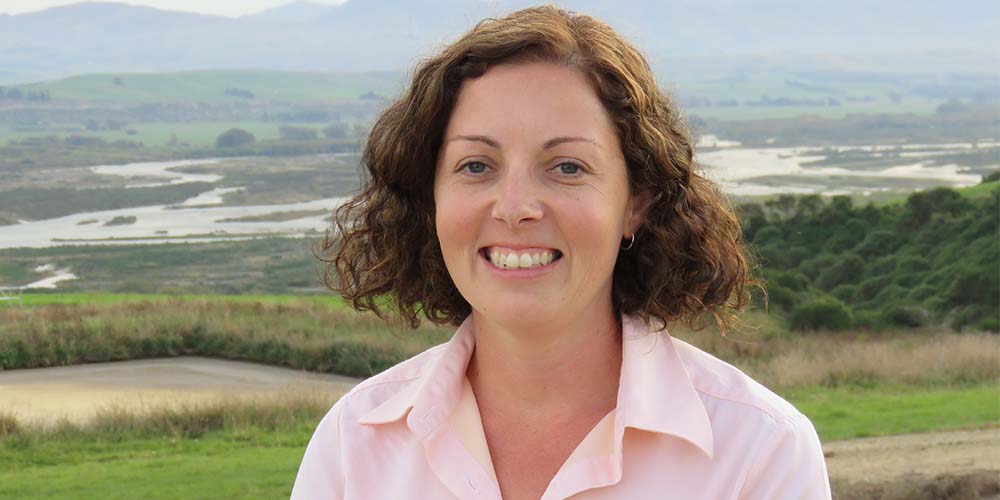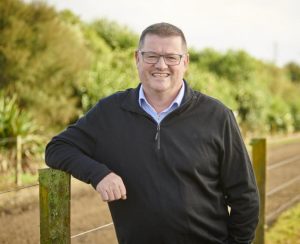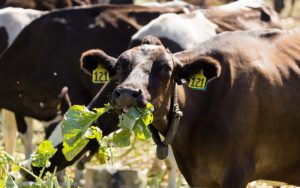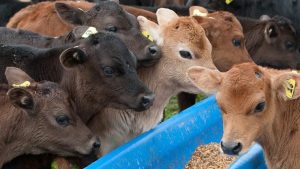
In July 2020, the Government launched the Three Waters Reform programme, a three-year programme to address the challenges facing council-owned and operated three water services.
Government is proposing to establish four publicly-owned entities to take responsibility for drinking water, wastewater and stormwater infrastructure across New Zealand. The Government has considered the evidence and proposes that four large water entities will create an affordable system that ensures secure delivery of safe drinking water and resilient wastewater and stormwater systems.
At present, 67 councils provide most of the country’s three waters services.
While not aimed at privately-owned water schemes, it is cognisant that these schemes are a large part of rural water provision.
The three waters review includes service delivery reform that steers towards intertwining with the Water Services Bill and its reforms around drinking water.
The Water Services Bill is currently before the Health Select Committee, but it has major implications for the local government, environment and primary sectors.
Policy consultant Elizabeth Soal says while the Three Waters Reform will affect rural communities, it is the how the Waters Services Bill will fit into Three Waters reforms that has potential for the greater impact on rural communities.
While submissions to the Water Services Bill closed in March, Soal suggests it “kind of flew under the radar”.
“It will be interesting how the Three Waters Reform will link with the Waters Services Bill,” Soal said.
“At the moment we don’t know for sure because it’s still before the Select Committee.
“It is though looking most likely, between the two, that there will be a lot of impact on rural communities.”
Soal says many irrigation schemes and small rural water supplies will now be deemed suppliers of drinking water and meeting the requirements of the Bill could collectively cost millions of dollars.
This includes source water protection, water safety plans, treatment and testing.
Some of the reasons they have become water suppliers is because due to historic arrangements and very fast civic development, there is no water supply in place on farms or in the area, and in many cases they provide for domestic supply or to a regional council.
In other cases, irrigation distribution systems are used to deliver water which in turn becomes a drinking water supply.
Farms with multiple buildings, dwellings, employee accommodation, dairy and woolsheds, and farm offices that share a single water source will come under fire.
“The Waters Services Bill alone will have a very serious effect,” she said.
“For farms, small rural water supplies and irrigation schemes, it will be extremely costly.”
The Three Waters Reform applies to water supplies currently managed by district councils and includes rural water schemes taken back over by council.
Independent water schemes will be included where they are deemed under the Water Services Bill as delivering domestic water.
“Situations such as irrigation schemes delivering water through their infrastructure to councils for urban supply will be required to meet the Bill’s requirements because irrigation schemes defined under the Water Services Bill are now a supplier, even if indirectly,” she said.
Soal cited Timaru, which receives water supply from Opuha, Oamaru from the Lower Waitaki Irrigation Company and Kerikeri in Northland as examples of urban centres getting their water supply from irrigation entities.
Other areas where councils don’t get water directly from schemes, but the schemes are the deliverers through their infrastructure, such as new subdivisions in Central Otago, will also come under fire.
“It’s difficult for small communities to understand the implications for them; it is a big decision for councils to opt in to the three waters reforms as we don’t know yet how it is going to work in practice if we get these mega entities,” she said.
In the future, under climate change scenarios, Soal says it will likely become increasingly challenging for irrigation schemes that provide domestic supplies as they are called on more and more and meet with increasing compliance in terms of funding and expertise.
“It’s going to be a tough one,” she said.
























